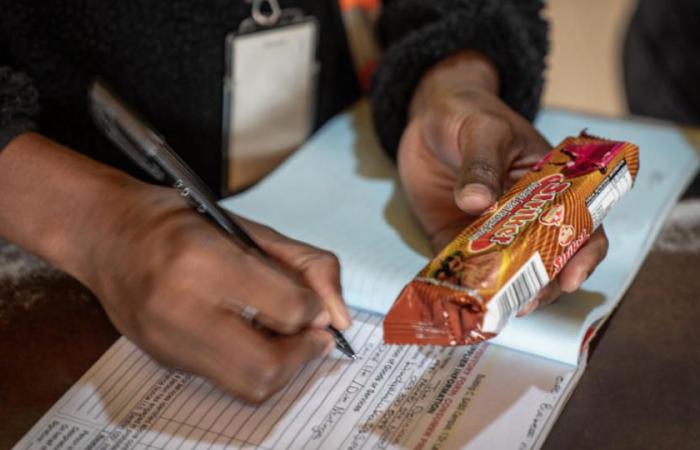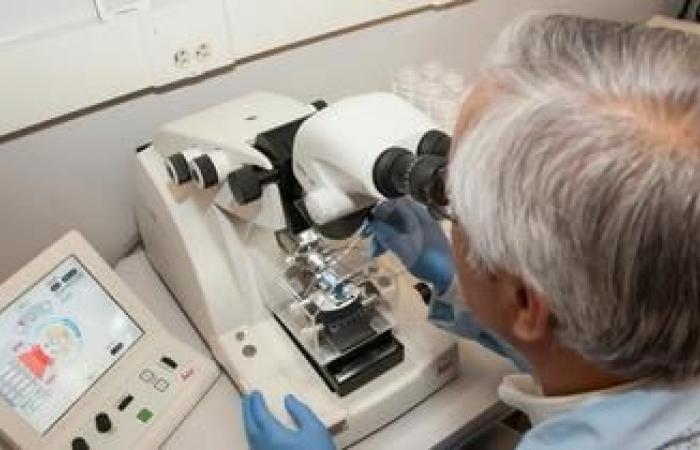In South Africa, 22 children died of poisoning after buying food in “spaza shops”, grocery stores that exist in many large cities in the country.
The fatal poisoning of around twenty children since the start of the year around Johannesburg has fueled yet another anti-migrant wave in South Africa. In the viewfinder: foreigners running “spaza shops”, more or less informal grocery stores, that an organization has started to chase out of Soweto.
In Naledi, the epicenter of the health scandal, police tape still visible indicates the incriminated shop, now closed, in a street where the ruckus of two neighboring schoolyards echoes. Six students died last month after eating chips. The autopsy revealed that a pesticide had killed them. Traces of terbufos, diverted as rat poison, were noted in one of the packages in the possession of one of the victims.
890 food poisonings in the country
On the day of the tragedy, the grocery store was attacked and looted by residents. According to the seller on the opposite side, even the owner left the area for fear of reprisals. President Cyril Ramaphosa said on Friday November 15 that 890 food poisoning cases had been recorded in the country since the beginning of September, and that at least 22 children had died.
Under pressure, political leaders have called for a choice of increasing controls or banning foreigners from running these businesses. The authorities have increased raids, like last week in Olievenhoutbosch, near Pretoria. “We managed to close six stores,” said municipal councilor Sarah Mabotsa.
“They were selling expired food, beauty products, meat, all in one place,” she described. When the authorities have nothing to complain about, an organization has insisted on imposing its law. In Naledi, six stores have just changed hands, thanks to Operation Dudula (repress in Zulu).
“We chased away the foreigners”
This anti-migrant movement began to agitate South Africa more than two years ago with its raids against immigrants suspected of theft or drug trafficking, and is thriving in this country, where xenophobic outbreaks are frequent. Like in 2008, when 62 people lost their lives.
“We chased away the foreigners,” rejoiced to AFP Maphoka Mohalanwani, 54, new manager of a “spaza shop” previously run by Ethiopians in Naledi. According to her, without a doubt, the poisonings are “linked to foreigners”.
“When children eat chips bought from South African street vendors, they don’t die,” said this former supermarket cashier.
“The investigations carried out do not suggest the existence of a deliberate campaign of poisoning of children”, swept away President Cyril Ramaphosa during a solemn speech on Friday, evoking “false information” and products “just as likely to 'be sold in shops run by South Africans'.
The president, however, ordered a “massive campaign” to inspect more or less informal grocery stores in the townships.







